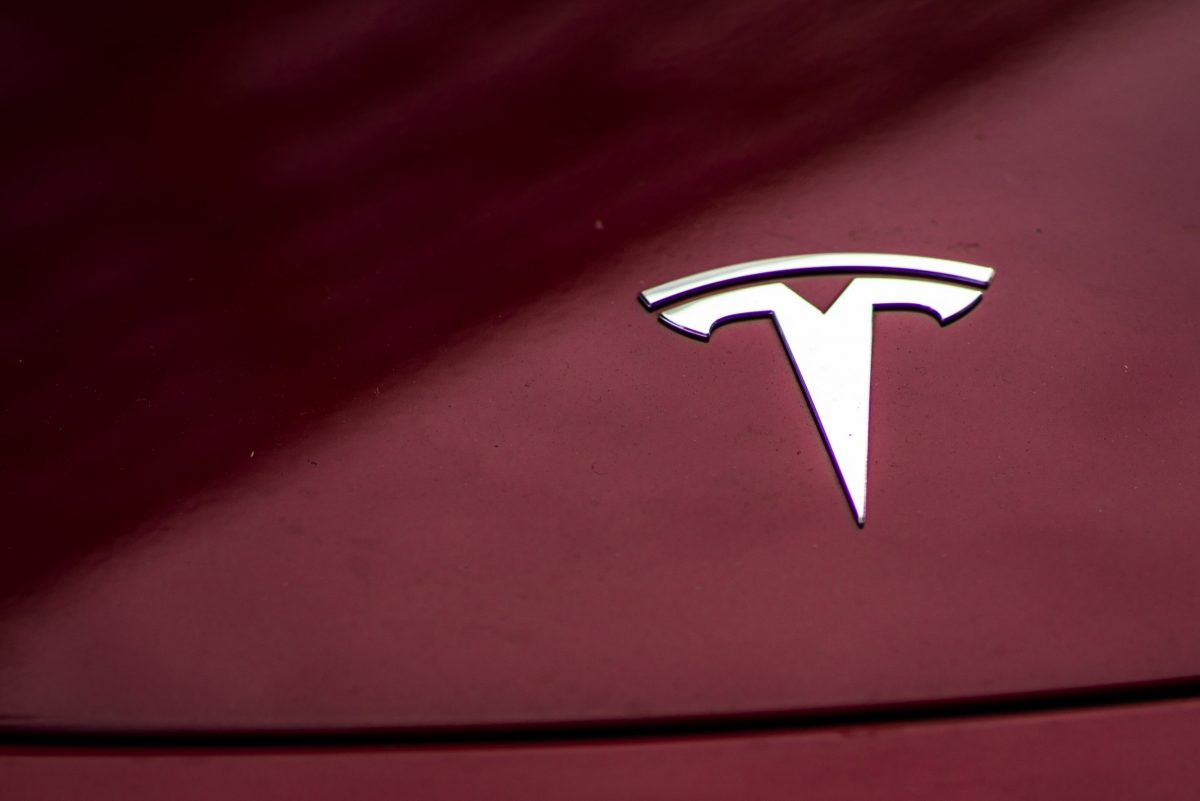Tesla is Recalling Over 130,000 Cars Over This
Electric vehicle maker Tesla is recalling more than 130,000 cars amid regulators’ pressure.
The company has voluntarily recalled 134,951 Model S and Model X vehicles that have media control unit failures which had led to the loss of several safety-related features while driving.
It was on January 13th that the National Highway Traffic Safety Administration asked Tesla to recall the vehicles after it had concluded that media control unit failures were increasingly common in aging Tesla vehicles, and posed significant safety issues.
The cars in the voluntary recall had been made at Tesla’s plant in Fremont, California and include Model S sedans manufactured between 2012 and 2018 and Model X SUVs in model years 2016 to 2018.
“The affected vehicles in the Defect Information Report don’t include vehicles that have already been repaired with a) a service part with the 64GB eMMC; or b) an upgraded touchscreen,” a an NHTSA representative said to CNBC via e-mail on Tuesday.
“The eMMC controller wear-out condition can cause the loss of the rearview camera display, defrost/defog control settings, and exterior turn signal lighting, reducing visibility and increasing the risk of a crash,” NHTSA said.
Tesla wrote in a message to the owners, as obtained by CNBC, “Tesla has decided to voluntarily recall certain Model S and Model X vehicles built before March 2018 that are equipped with an 8GB embedded MultiMediaCard (eMMC) in the media control unit because the eMMC may malfunction due to accumulated wear… If a malfunction occurs, you may experience a persistent blank center display that does not recover after restarting the touchscreen, loss of certain functionalities, and/or a vehicle alert to contact Service.”
Tesla vice president of legal Al Prescott denied the company’s vehicles contained any defects however in a letter made public that was sent to the NHTSA.
“Tesla recognizes that even when a component is not designed to last the life of the vehicle, a defect may still be found if it wears prematurely. However, that is not the case here,” Prescott wrote.
“NHTSA’s anachronistic regulations are unfit for situations where there is no safety defect, but nevertheless the manufacturer immediately can improve vehicle performance, including safety performance, without the cumbersome need for physical repair.”
NHTSA has not yet concluded its investigation of Tesla’s vehicles.
Disclaimer: We have no position in any of the companies mentioned and have not been compensated for this article.


